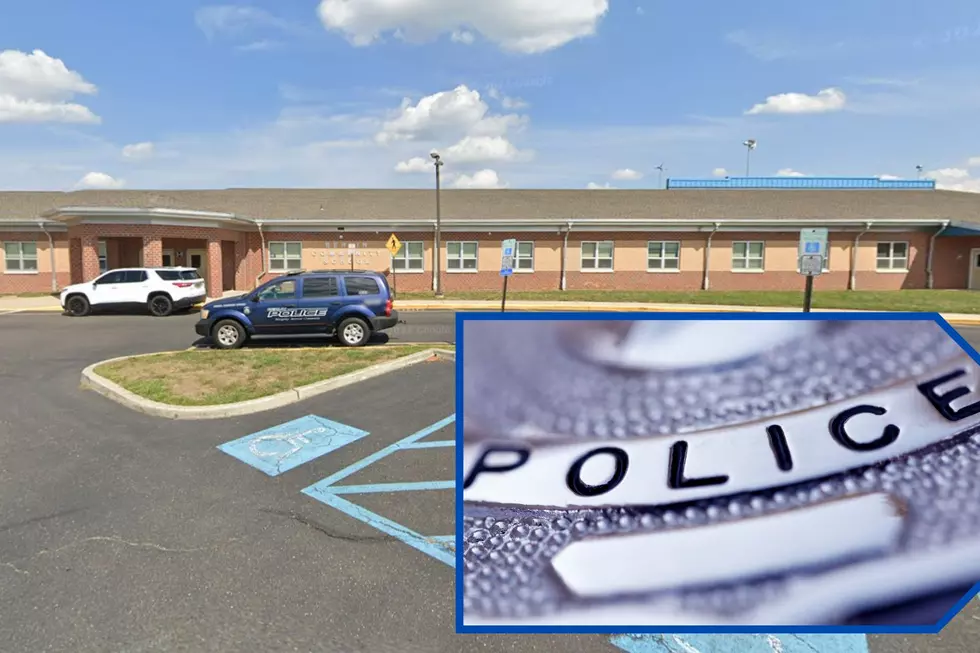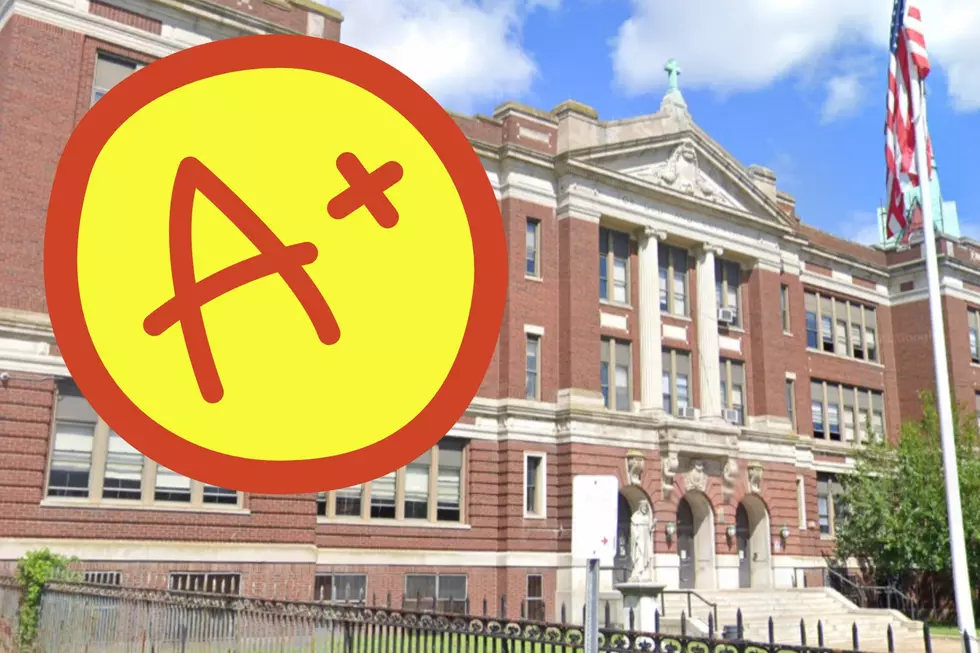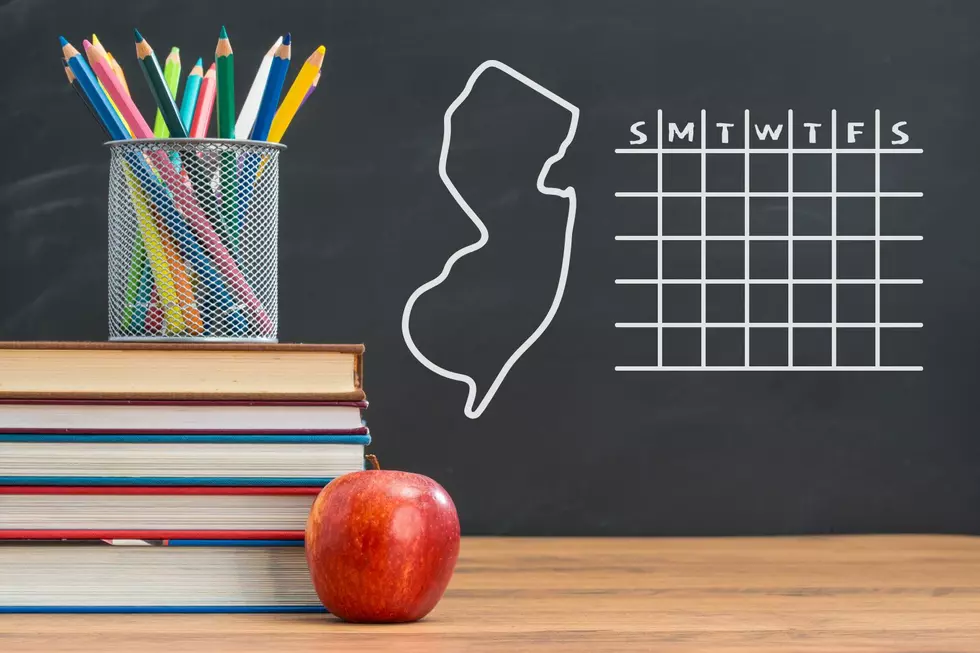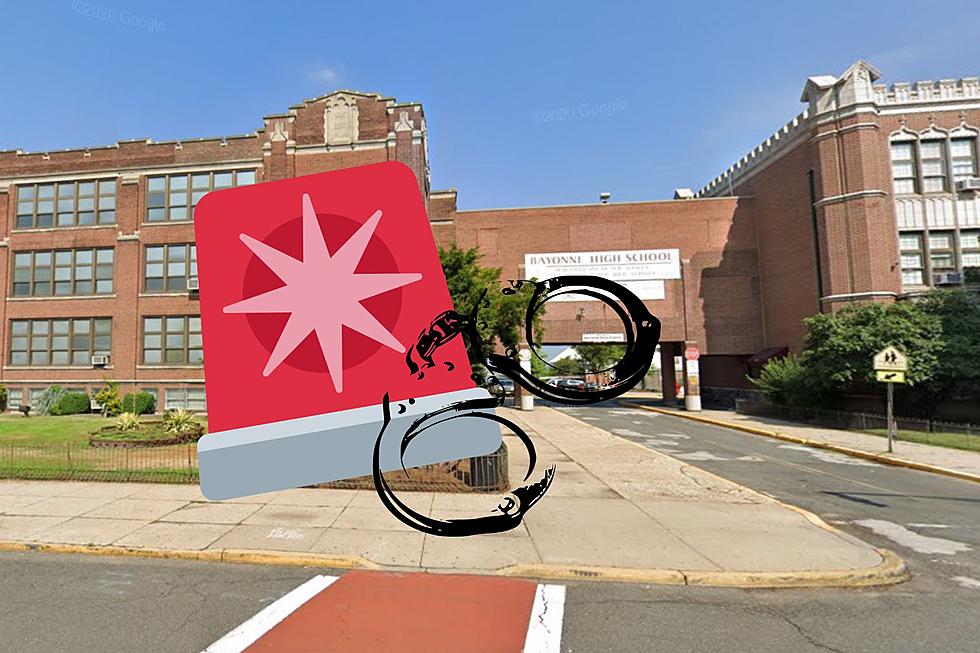
Lead found in 21 school districts’ water; what comes next is unclear
Nearly two dozen New Jersey school districts have notified the state that required water tests have identified locations with elevated levels of lead, a legislative task force was told Thursday.
Around 800 organizations – school districts, charter schools and early-learning centers – were directed last July by Gov. Chris Christie’s administration to test their water for lead. The state appropriated $10 million to reimburse them for the tests.
Department of Education officials told the Joint Legislative Task Force on Drinking Water Infrastructure that around half the districts and one-third of the charter schools have completed the testing, which is supposed to be done by mid-July, though districts can ask for an extension.
Not all of those districts have gotten back their test results, said Assistant Commissioner Robert Bumpus, who heads the NJDOE’s Division of Field Services.
“We have received 21 notifications from districts with results above the action level” of 15 parts per billion, said Bumpus.
The state didn’t identify which districts have elevated lead levels. Those districts are required to tell parents and staff about the result, as well as the Department of Education.
What’s done next to fix the problem isn’t as clear.
“They must provide drinkable water, that’s first and foremost,” Bumpus said. “As far as the infrastructure, we haven’t addressed that.”
“The remediation part of this process is left to the district,” said Jim Palmer, executive director of the NJDOE’s Office of Project Management. “The $10 million that was in the budget last year is limited literally to the reimbursement for the cost of collecting the water samples and the external certified labs to complete the tests. There’s no money that we’ve got set aside for remediation for school districts.”
The state, through its Schools Development Authority, should do the fixes in cities covered by the Abbott school-funding rulings and provide grants to other districts, said David Sciarra, executive director of the Education Law Center.
“We’ve got to be prepared not just to go to bottled water as an emergent basis but also to make available funds through the school construction program for capital maintenance and projects that can get these things done and fixed,” Sciarra said.
“Even if it turns out to be in the paint, the money is there to get this done. We just need to get organized and get moving,” Sciarra said.
Education department officials said that to date, only 18 districts have requested to be reimbursed for what they’ve spent on lead testing and analysis. Bumpus said the costs for the testing varies from $15 to $60 per sample and can go even higher than that.
Asked by lawmakers if the $10 million appropriation was enough to cover the testing, Palmer said it’s too soon to know because districts are taking so long to submit expense forms.
“From an equity perspective, the decision we made is that we don’t want to do this on a first-come, first-serve basis,” Palmer said. “If we get $11 million worth of reimbursement requests, we will do on a pro rata basis, reimburse some percentage of it.”
Sen. Christopher “Kip” Bateman, R-Somerset, said he would rather provide extra money than only partially reimburse schools.
“Once you’ve determined whether that $10 million is going to be enough, if you could let the chairs know, because if we need to do a supplemental, it’s important that we have enough funds to get the testing in,” Bateman said. “If you find out $10 million isn’t going to be enough, we want to do something about it.”
Water testing isn’t only an issue facing schools.
A federal rule that limits how much lead and copper is allowed in drinking water requires water systems to take water samples, usually in homes. Assistant Commissioner Daniel Kennedy of the Department of Environmental Protection’s Division of Water Resources Management said companies have faced increasing trouble finding customers willing to collect a sample from their homes.
“The recent public concerns with lead have also made it more difficult because homeowners have expressed concerns about the impact of lead to their property values,” Kennedy said. “So getting good samples back from homeowners has become very challenging.”
The Task Force on Drinking Water Infrastructure has now conducted three hearings spanning more than 10 hours of testimony. Assemblyman John McKeon said it would meet once more, then publish a report in the spring with recommendations – including, presumably, options for paying for the work.
McKeon, D-Essex, asked state officials to explore whether to pay for installing tap filters in areas with high levels on lead. He also expressed support for a program providing homeowners with help paying to remove lead fixtures and interior plumbing.
“Although it’s not quite the same, a program similar to tank removal, where money is available to motivate people to do what has to be done not only for their own good but for the good of their neighbors,” McKeon said.
New Jersey: Decoded cuts through the cruft and gets to what matters in New Jersey news and politics. Follow on Facebook and Twitter.
Michael Symons is State House bureau chief for New Jersey 101.5 and the editor of New Jersey: Decoded. Follow @NJDecoded on Twitter and Facebook. Contact him at michael.symons@townsquaremedia.com
More From New Jersey 101.5 FM









